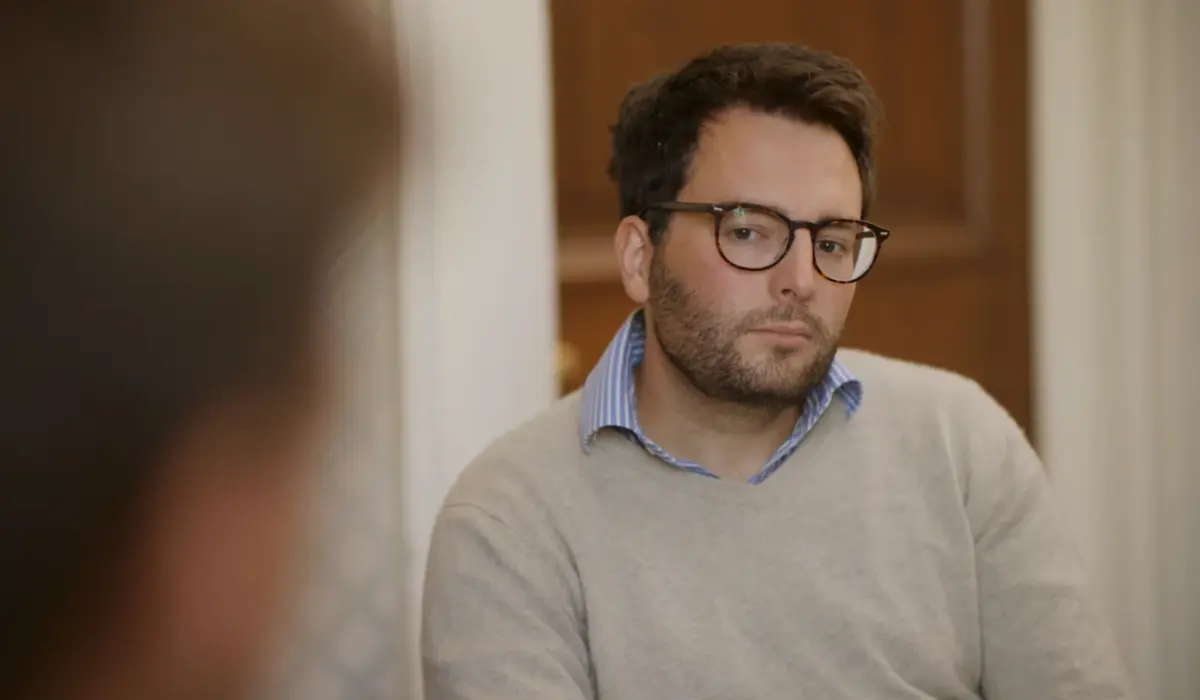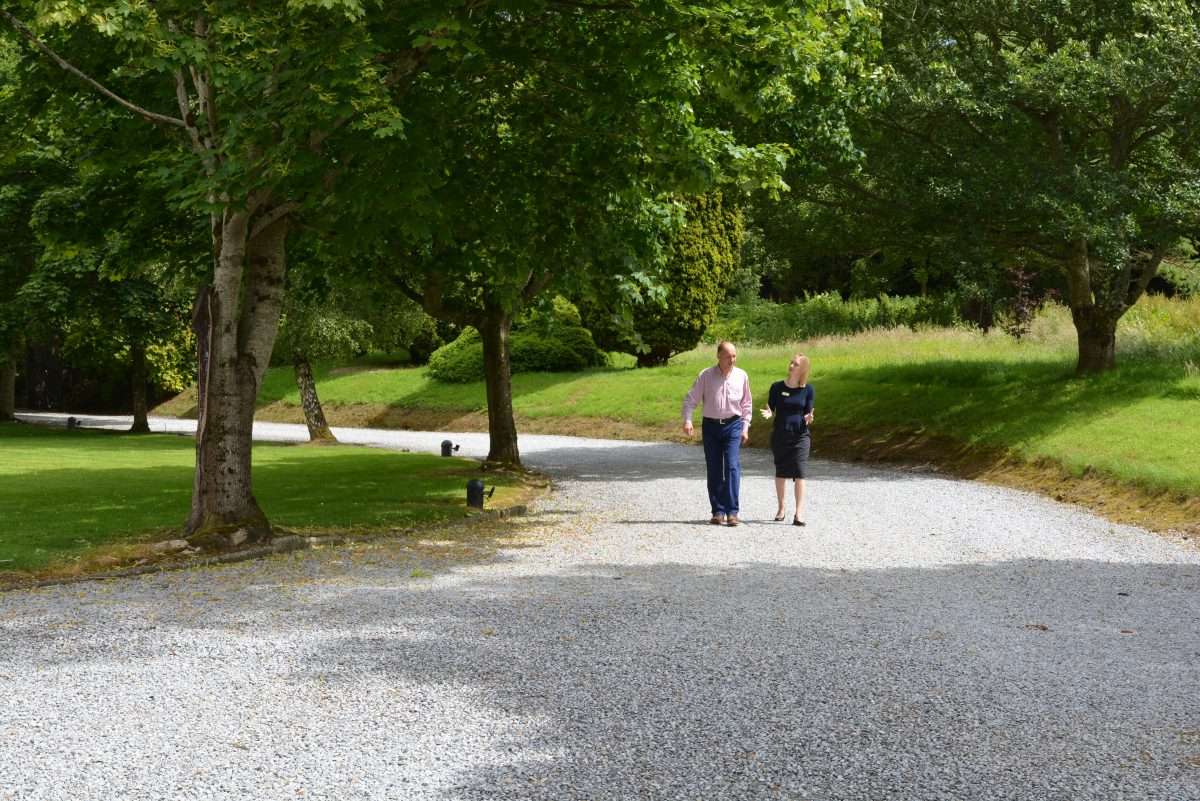
A personal story of denial, courage, and the slow path to truth.
Here’s How I Became an ‘Enabler’ Despite My Best Intentions
When someone you love battles addiction, the weight of it can consume everything and you will tell yourself anything in order to cope. In those early days, you convince yourself you’re holding the line, shielding them from consequences, keeping your family afloat, clinging to whatever normality you can find. But somewhere in all that protecting, you realise you’ve been enabling the very thing that’s destroying them. Here are five lies I told myself, and what I learned when I stopped believing them.
The Truth About My Husband’s Addiction that Took Years to Unveil
The hardest lesson I learned about addiction came wrapped in a simple, devastating truth: addiction makes people lie. My husband was no exception. It didn’t matter how deeply he loved me, how much we had shared together, or how much his children meant to him – he lied, cheated, and stole to protect his addiction.
He lied to everyone: his boss, his family, his friends. Most heartbreakingly, he lied to himself.
It’s not cruelty or lack of love. My husband despised himself for what he was doing, but the addiction’s voice was louder than his love for us. His need to shield himself from the unbearable truth, that his cocaine use had spiralled beyond his control, became more urgent than protecting our marriage.
His addiction didn’t just paralyse him; it paralysed me too. I tried everything – anger, threats, compassion, understanding – but nothing could make it disappear.
I should have known better. Growing up with my father’s valium addiction had taught me that denial, stonewalling, and outright deception aren’t character flaws – they’re survival mechanisms. When the truth is too painful to face, lies become a lifeline, even when they’re drowning everyone around them.
The Lies I Told to Myself
Here’s what I learned along the way because, just like him, I ended up lying too, not just to myself but to everyone around me.
Hopefully, my advice can help you seek treatment for your loved one sooner because time is something you’ll never get back to, but you can get back to your husband and life.
1. He doesn’t use it that much, only occasionally, just to help him unwind
I remember sitting in a Nar-Anon meeting, insisting there were people far worse off than my husband. “It’s like his end-of-week reward,” I’d say, as if that made it harmless.
But I was asking the wrong question entirely. Instead of “How much is too much?” I should have been asking whether any amount was safe. For someone with addiction, there is no casual use. One drink for an alcoholic, one line for a cocaine user. It’s all it takes to restart the cycle.
Tolerance builds quietly, relentlessly. What matters isn’t the quantity but the fact that his body and mind had convinced themselves they couldn’t function without it.
2. He’s not as bad as my dad was – he can stop anytime
Growing up with my father’s valium addiction gave me a twisted benchmark. I spent years comparing my husband’s cocaine use to my dad’s pills, telling myself this was somehow better, more manageable.
Therapy showed me this comparison was just deflection – a way to avoid facing our reality. You can’t measure one person’s illness against another’s. Both my father and my husband were sick. Both needed help. The details didn’t matter.
3. It’s not hurting anyone – the kids don’t know, so it’s ok
This might be the cruellest lie of all, because I genuinely believed I was protecting everyone. I told myself I was strong enough to handle it, that maybe if I were more supportive or understanding, he’d snap out of it.
But addiction doesn’t exist in a vacuum. Our children asked where Daddy was. They felt his absence even when his body was present. I was so busy managing the chaos that I couldn’t see how it was reshaping all of us.
4. He could stop if he wanted to – he’s choosing this
For years, this belief sustained my anger. How could he choose drugs over our marriage, over our family?
But addiction isn’t a choice you make once, it’s a choice that gets stolen from you. Deciding to quit isn’t about character or willpower. His brain had been rewired to crave cocaine, and that craving doesn’t disappear just because you want it to. Without addressing the underlying reasons for his addiction, he would always be vulnerable to relapse.
5. It hasn’t changed me at all
Seven years later, this is the lie that haunts me most. I convinced myself I was unchanged, unaffected, still myself despite everything.
The truth? I suffered mentally and became someone I didn’t recognise. I called in sick for him when he was passed out in his own vomit. I told our children he was away on business when he didn’t come home for days. I lied to his mother when she sensed something was wrong.
I became an expert at covering, explaining, and pretending. Love made me complicit in my own deception.
It doesn’t matter how much you love them; it won’t be enough to make them stop.
If, like me, you let love overpower you so much that you also hide from the truth, you are only enabling the problem.
And trust me when I say the longer you ignore it, the worse you allow it to become.
Facing the Truth
Finally, coming out of denial myself was the breaking point our family needed to repair.
It took one of my children to snap me out of it, “what’s wrong with daddy” – it made me realise that it wasn’t just Daddy that was allowing things to spiral out of control, but Mummy too.
So, to protect my family, it was time, to be honest. I didn’t care about the shame of the neighbours knowing or what my mother would have to say.
And somehow, when I allowed myself to be honest, it allowed my husband, who had hit bottom, to be open to seeking help – it was our last option.
Fortunately, we had insurance so we could access rehab treatment at Smarmore Castle. Without their help, I am sure I would have divorced my husband. Through treatment and rehab, we’ve managed to rebuild our life, brick by brick. I can now trust him, although that took years.
It has taken time, understanding, and many steps to get where we are now, but it’s been worth it because it saved my husband’s life and, in truth, mine too.
You Don’t Have to Face This Alone
At Smarmore Castle, we understand that addiction affects entire families, not just a husband struggling with substance use. Our comprehensive treatment programme addresses not only the addiction itself but also the complex dynamics that develop within relationships over time. If you recognise yourself in this story, whether as someone struggling with addiction or as a loved one caught in the cycle of enabling, know that recovery is possible for everyone involved. Our experienced team provides both individual treatment and family support services, because healing happens best when it includes everyone who’s been affected. To learn more about how we can help your family find its way back to each other call our confidential helpline today.



